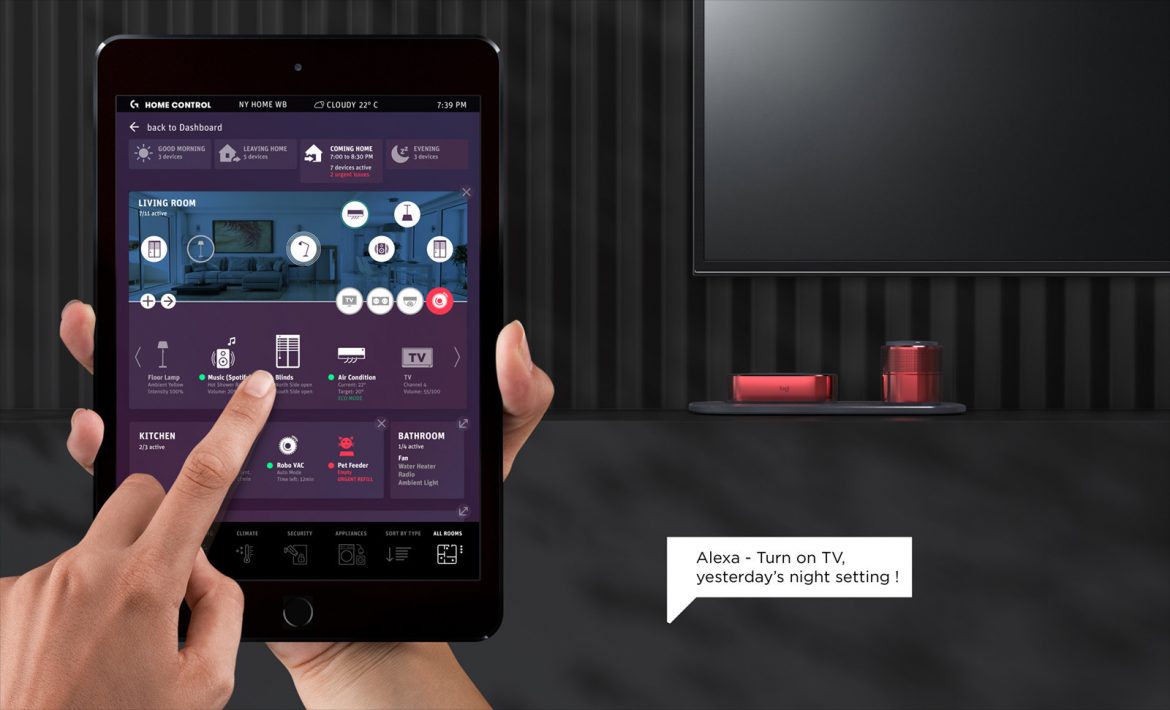In today's rapidly advancing technological landscape, the Internet of Things (IoT) has emerged as a transformative force, revolutionizing the way we interact with the world around us. At the forefront of this revolution are smart IoT devices, which have become an integral part of our daily lives. In this blog post, we will delve into the world of smart IoT devices, exploring their capabilities, applications, and the impact they have on various industries.
- Understanding Smart IoT Devices:
Smart IoT devices are physical objects embedded with sensors, software, and connectivity capabilities that enable them to collect and exchange data over the internet. These devices can range from everyday objects like thermostats and refrigerators to complex systems like industrial machinery and smart cities infrastructure. What sets them apart is their ability to communicate with each other and with users, creating a network of interconnected devices. - Applications in Various Industries:
2.1 Smart Homes: Smart IoT devices have revolutionized the concept of home automation. From smart thermostats that learn and adapt to your preferences to voice-controlled virtual assistants that manage your household tasks, these devices enhance convenience, energy efficiency, and security in our homes.
2.2 Healthcare: In the healthcare industry, smart IoT devices play a crucial role in remote patient monitoring, wearable health trackers, and smart medical devices. These devices enable healthcare professionals to gather real-time data, monitor patient conditions, and provide personalized care, ultimately improving patient outcomes and reducing healthcare costs.
2.3 Transportation: Smart IoT devices are transforming the transportation sector by enabling connected cars, intelligent traffic management systems, and efficient logistics operations. These devices enhance safety, optimize traffic flow, and enable predictive maintenance, leading to reduced congestion, improved fuel efficiency, and enhanced overall transportation experience.
2.4 Manufacturing: In the manufacturing industry, smart IoT devices are revolutionizing processes through the implementation of Industrial IoT (IIoT). By connecting machines, sensors, and systems, manufacturers can achieve real-time monitoring, predictive maintenance, and optimized production workflows. This results in increased productivity, reduced downtime, and improved product quality.
- Challenges and Future Outlook:
While the potential of smart IoT devices is immense, there are challenges that need to be addressed. These include data security and privacy concerns, interoperability issues, and the need for standardized protocols. However, advancements in technologies like edge computing, artificial intelligence, and blockchain are paving the way for a more secure and efficient IoT ecosystem.
Looking ahead, the future of smart IoT devices is promising. With the advent of 5G technology, the proliferation of connected devices will accelerate, enabling faster and more reliable communication. Moreover, the integration of AI and machine learning algorithms will enable smart IoT devices to become even more intelligent, autonomous, and capable of making data-driven decisions.
Conclusion:
Smart IoT devices have transformed the way we interact with the world, offering unprecedented convenience, efficiency, and connectivity. From smart homes to healthcare, transportation, and manufacturing, these devices are reshaping industries and improving our quality of life. As we embrace the potential of smart IoT devices, it is crucial to address challenges and work towards creating a secure and interoperable ecosystem. The future holds endless possibilities as we unlock the full potential of smart IoT devices.


